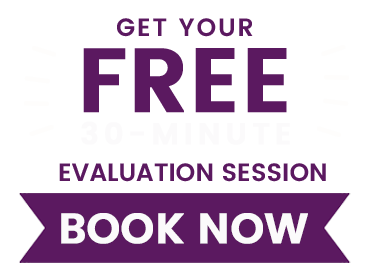Our world is caught in a frenzied dance. From the towering skyscrapers that flirt with the skies to the metropolises that refuse to take a siesta, the Western world is a powerhouse of ambition. Just glance toward history, and you'll find the West continually tipping its hat to the idea of action. You've got the American Dream, where, with a sprinkle of determination, a dash of hard work, and that elusive pinch of luck, anyone can rise to stardom.
But let me ask you this: ever watched a juggler tossing flaming torches into the air? It's impressive and terrifying all at once. Just like our ceaseless hustle. Renaissance Europe boomed with exploration and creativity. The Industrial Revolution took the game a notch up. Machines hummed and humans toiled. Now, with Silicon Valley's "hustle-hard" ethos, our social media's perpetual chase for the next big thing, and self-help's undying romance with goals, it seems the world's mantra has become, "to be is to do."
But just like Icarus, with his wax and feather wings, soared ambitiously towards the sun, there are perils to our relentless pursuit. The consequence? Burnout! Now recognized by revered health organizations around the globe. But wait a minute, what is burnout exactly? Imagine trying to keep a candle burning on both ends; eventually, it’ll consume itself. It’s not just about being tired; it’s the profound exhaustion of your very spirit.
In our incessant chase for achievements, we're often like children chasing their own shadows. We think multitasking is our superpower, that being 'busy' is equivalent to being productive. But the quality of our output, our creativity, and innovation, sometimes takes a backseat in our mad dash of activities.
And somewhere in this rush, a subtle question arises: What are we running for? What's the point of it all? Material gains? Social likes? Or perhaps, there's a deeper meaning to life that's clouded by our constant movement. While the Western ethos has indeed brought innovation and improved living standards, there's something to be said about the charm of balance.
Enter Eastern philosophies, with their serene emphasis on just 'being’, emphasizing harmony, and aligned action. They introduce us to the concept of the 'Art of Effortless Living', suggesting that there's power in stillness. Think about it – isn't there elegance in letting go? For instance, when faced with a creative block, instead of banging our heads against a brick wall, why not take a step back, breathe, and wait for inspiration to strike?
In daily life, this might mean knowing when to pass the baton to a colleague or choosing not to react impulsively in personal disagreements. Nature, with all its grandeur, operates at its pace. Trees don’t rush to grow, and neither should we. By understanding life's rhythm and nurturing patience, we create buffers against anxiety and learn that sometimes, less is indeed more.
But here's a funny observation: in our quest for control, we often believe that more effort equals better results. Imagine pushing a swing with all your might when a gentle push would do just as well. Over-effort, just like under-effort, has its pitfalls.
The underlying wisdom of 'effortless living' doesn't suggest we become couch potatoes. No, it’s about finding that sweet spot, where action and patience harmoniously coexist. It's understanding when to push forward and when to pause. In this delicate dance, we discover that ancient teachings can indeed be our guiding light in this modern world, leading us to a more balanced and enriching life.
This dance between doing and being isn't just about personal achievements; it’s a reflection of the collective consciousness of humanity, seeking both progress and peace. In a world fractured by stress, burnout, and relentless pursuits, finding this balance is a blueprint for creating communities, societies, and a world where every individual feels valued, purposeful, and content.
Effortless living nudges us to align with the rhythm of life, understanding when to leap when to ponder, and when to pull back. By imbibing this wisdom, you're not just navigating life; you're waltzing through it, and trust me, that's a dance worth learning.



